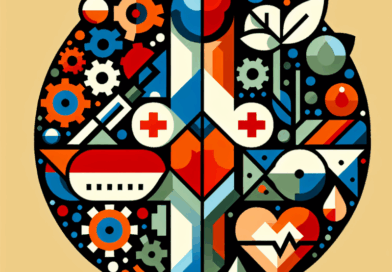
Introduction
Singapore’s healthcare system has undergone significant change over the years, adapting to the changing healthcare challenges faced by the nation. The country-wide vaccination programs to the establishment of polyclinics, general hospitals, and specialist centres have been demonstrative. Singapore has continuously strived to provide quality healthcare to its citizens. The COVID-19 pandemic further highlighted the need for robust healthcare systems, Singapore is taking steps to ensure that its healthcare landscape evolves to meet the demands of the future. Singapore’s evolving healthcare landscape presents a variety of emerging opportunities for digital health engagement.
Singapore’s Healthcare Datathon
One initiative that showcases Singapore’s commitment to clinical AI is the healthcare datathon. A datathon is a collaborative event that brings together interdisciplinary teams of students and professionals from both technical and healthcare domains to address unmet clinical needs. The goal of a healthcare datathon is to enhance collaboration among participants and produce clinically relevant research that relies on sound statistical rigour and adequate data samples. This included disease progression prediction, analysis of treatment impact on patient outcomes and training of AI tools for disease diagnosis. There was a development of new clinical definitions and guidelines for disease management.
The healthcare datathon follows a six-stage process, starting with problem identification. Clinical needs and questions are presented to participants by healthcare professionals. Interdisciplinary teams are then formed around these clinical questions, consisting of healthcare professionals, computer scientists, statisticians, and other data enthusiasts. These teams work with data, extracting, cleaning, and processing it to conduct analysis and hypothesis testing. The results are then presented to judges and all participants, and if a clinical solution or hypothesis is validated, teams can formalise it into a research project.
Conclusion
The healthcare datathon organised in Singapore in 2019 attracted more than 200 participants from over eight countries, including healthcare workers, academic researchers, students, and data scientists. The event saw a diverse range of backgrounds, with participants from data science, healthcare, and science and engineering faculties. The clinical questions tackled during the datathon covered a wide range of areas. Such initiatives are innovative and efficient for the development of clinical AI for the betterment of healthcare systems.
Reference url





